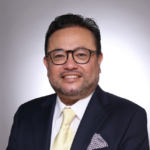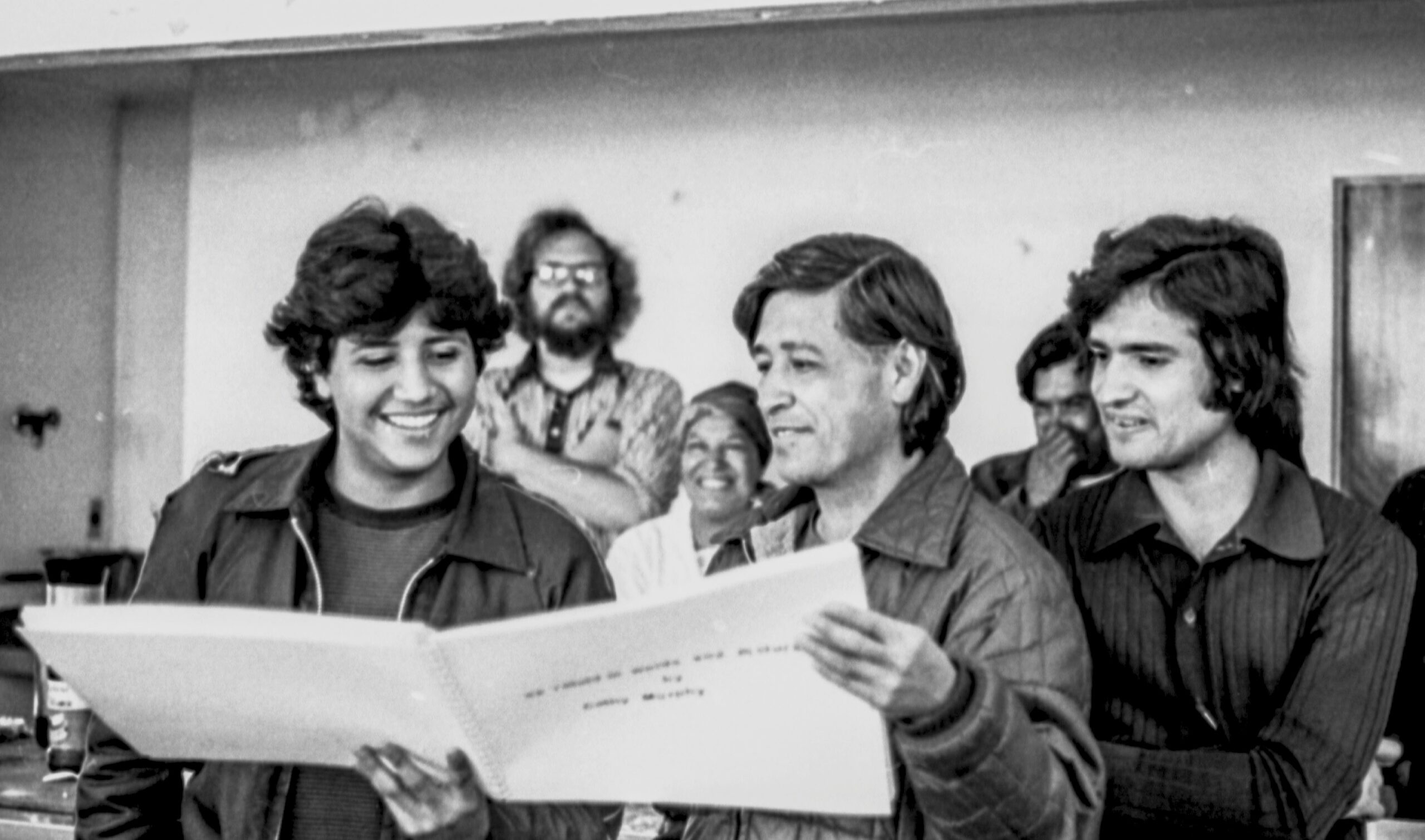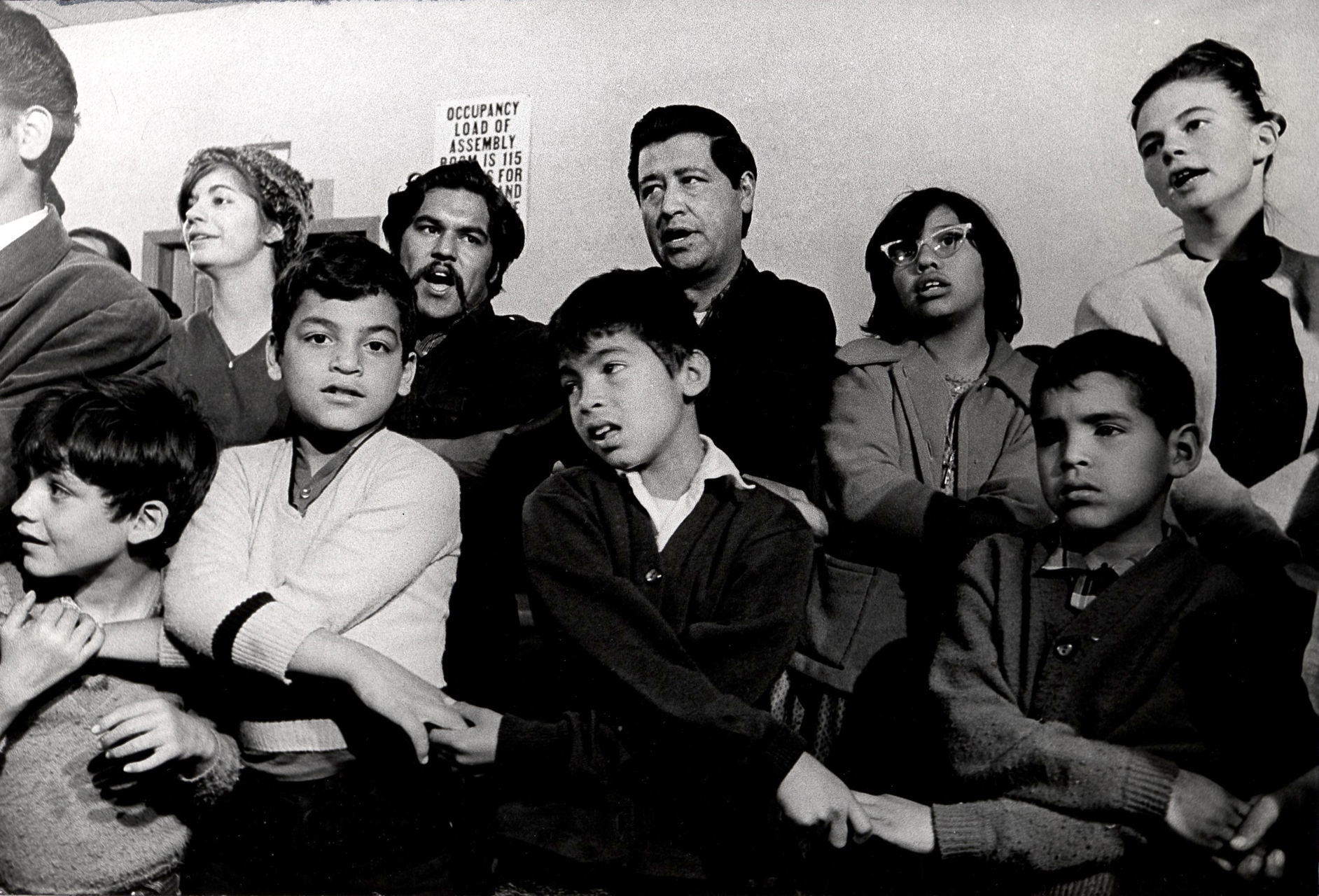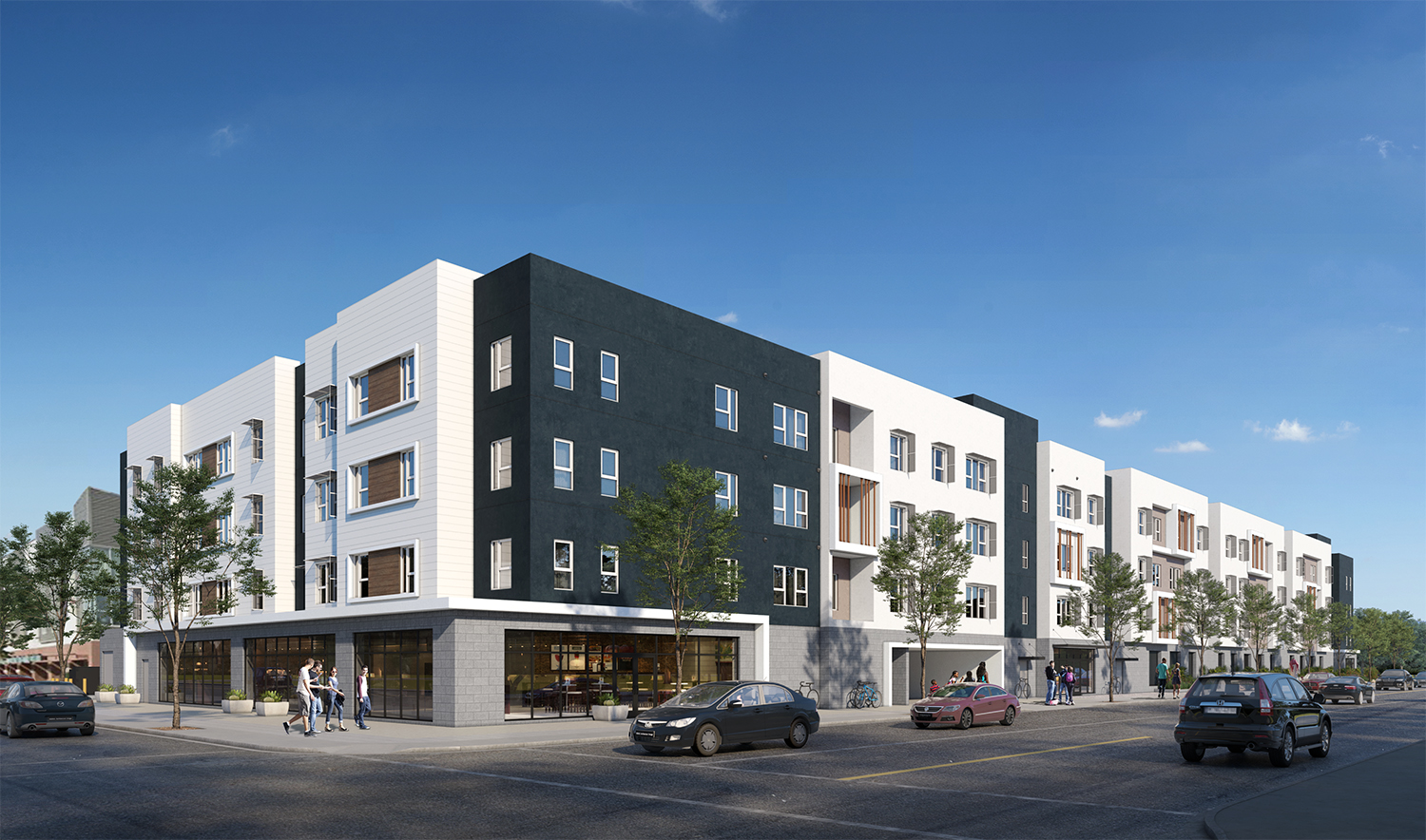William & Mary University celebrated Latinx Heritage Month with a photo exhibition commemorating the life of Cesar Chavez.
The exhibition “Cesar Chavez: Legacy of a Leader” displayed 30 historic black and white photographs from the National Chavez Center archives. The exhibition gave an overview of the life and work of Cesar Chavez, beginning with his early life on an Arizona homestead and highlighting his efforts to unite farm workers through community organizing, labor strikes, marches, and boycotts. Notably, the exhibition focused on the 1965 Delano, California, grape strike, a turning point in the American labor movement.
The Muscarelle Museum of Art’s director of engagement, Steve Prince, and facilities and exhibitions manager, Kevin Gilliam, curated the exhibition. The Center for Student Diversity organized it with the aim of acknowledging and celebrating the achievements and contributions of Latinx students, faculty, and staff to the William & Mary community.
Andres Chavez, the executive director of the National Chavez Center and Cesar Chavez’s grandson, stated, “Partnerships like this are an opportunity for us to re-introduce Cesar Chavez to modern audiences and in modern contexts.” He added that Cesar’s legacy is widespread and nuanced, and they are thrilled to share it with students and scholars from across the United States as they lead up to the centennial of Cesar Chavez’s birth in 2027.
The grand opening of “Cesar Chavez: Legacy of a Leader” was held on September 22 and featured a keynote speech by Arturo Rodriguez, president emeritus of the UFW, who was its president for 25 years after Cesar Chavez’s death.
Eric Romero, director of archives at the National Chavez Center, and Prince conducted a community flag-making event with students at Lafayette High School. The event was based on the historic UFW work of boycotts, strikes, and marches. Members and supporters of the UFW would gather in community spaces to design and produce picket signs, banners, and flags for the movement. According to Romero, “This show is a great opportunity for us to strengthen our outreach programs and begin sharing our organizational archives to find meaningful historical documents that showcase the legacy of Cesar Chavez.”
Looking to learn more about the archives at the National Chavez Center? The National Chavez Center believes in sharing its history by connecting with diverse communities. For more information, please contact Eric Romero at eromero@chavezfoundation.org.
About William & Mary
The second-oldest institution of higher learning in the country and a cutting-edge research university. Building on more than 300 years of innovation and excellence, William & Mary transcends the boundaries between research and teaching, teaching and learning, learning and living. As a “Public Ivy” — one of only eight in the nation — we offer a world-class education at an exceptional value.
Credit: This news post was originally published by William & Mary.







